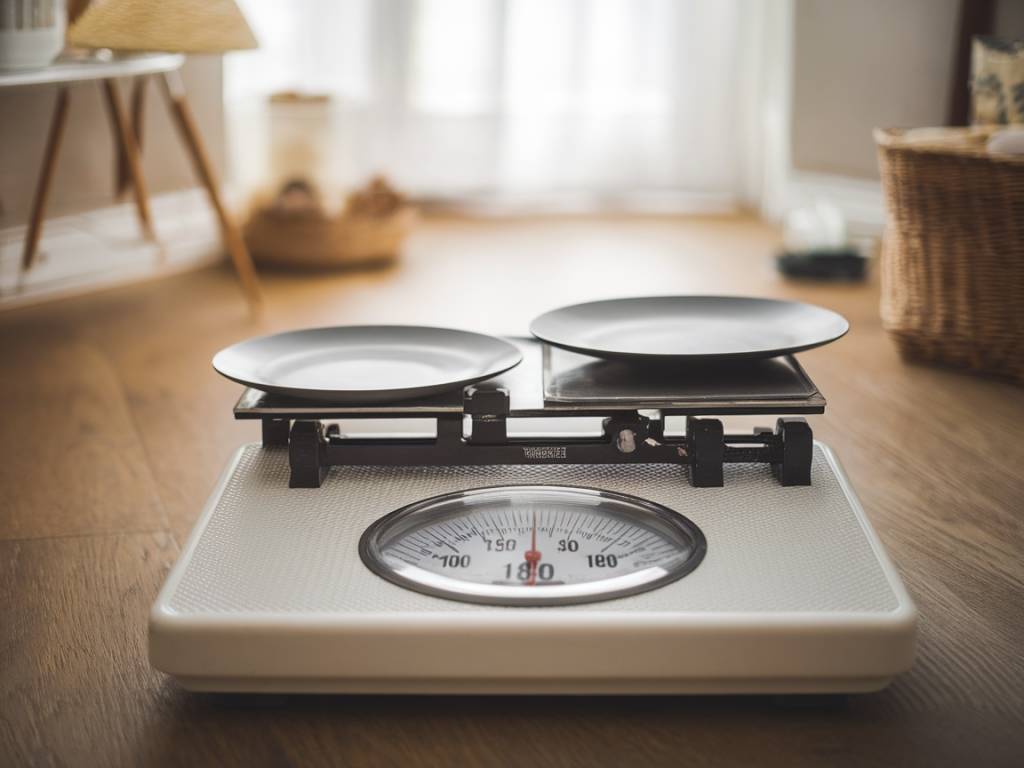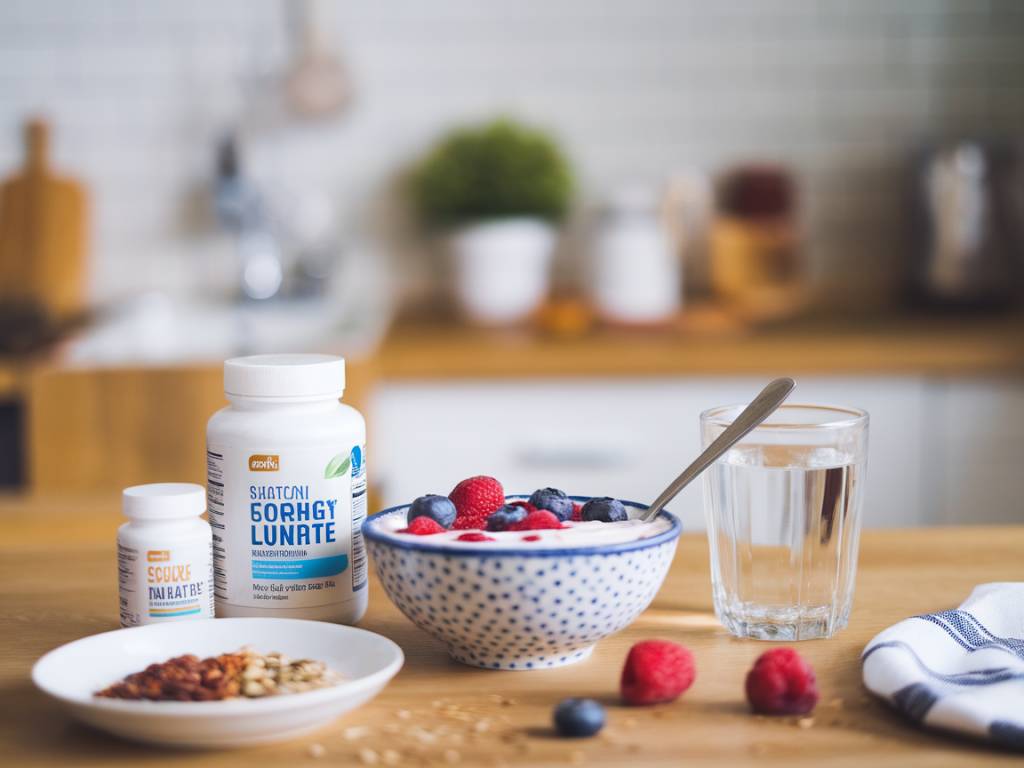Why Cholesterol Matters for Your Health
Cholesterol often gets a bad reputation, but did you know that your body actually needs it? It’s essential for building cells, producing hormones, and even aiding digestion. However, not all cholesterol is created equal. There’s the “good” cholesterol (HDL) and the “bad” cholesterol (LDL)—and balancing the two is key to maintaining a healthy heart.
So, how can you keep your cholesterol levels in check without relying solely on medication? The answer lies in your diet and lifestyle choices. Let’s dive into practical strategies to support your heart health naturally.
Eat the Right Fats
Not all fats are harmful—some are actually beneficial for your cholesterol levels. The key is to replace unhealthy fats with heart-friendly alternatives. Here’s how:
- Limit saturated fats: Found in red meat, butter, and full-fat dairy products, these can raise LDL cholesterol. Opt for lean proteins like chicken, turkey, or fish instead.
- Avoid trans fats: Often found in processed foods, fried snacks, and margarine, trans fats can significantly increase bad cholesterol while lowering the good kind. Always check food labels for “partially hydrogenated oils” and steer clear.
- Embrace healthy fats: Avocados, nuts, seeds, and olive oil are rich in monounsaturated and polyunsaturated fats, which help improve cholesterol levels.
Increase Your Fiber Intake
Eating more fiber is one of the simplest and most effective ways to lower cholesterol naturally. Soluble fiber, in particular, binds to cholesterol in the digestive system and helps the body eliminate it before it enters the bloodstream.
Where can you find it? Here are some excellent sources:
- Oats and whole grains: Start your morning with a bowl of oatmeal to support heart health.
- Legumes: Lentils, beans, and chickpeas are packed with fiber and protein, making them a great alternative to meat.
- Fruits and vegetables: Apples, pears, carrots, and Brussels sprouts are particularly high in soluble fiber.
Adopt a Heart-Healthy Diet Pattern
Rather than focusing on individual foods, adopting an overall heart-healthy diet is key. One of the best dietary patterns for maintaining cholesterol levels is the Mediterranean diet. This eating style emphasizes:
- Fresh fruits and vegetables
- Whole grains
- Healthy fats from nuts, seeds, and olive oil
- Lean proteins, such as fish and poultry
- Minimal processed foods and sugar
Studies show that people who follow the Mediterranean diet tend to have lower LDL cholesterol and reduced heart disease risk. Plus, it’s delicious—who doesn’t love a fresh Greek salad drizzled with olive oil?
Exercise Regularly
Food plays a critical role in managing cholesterol, but physical activity is just as important. Exercise helps increase HDL (good cholesterol) while lowering LDL (bad cholesterol) and triglycerides.
You don’t need to become an elite athlete—just get moving! Try incorporating these activities into your routine:
- Brisk walking: A daily 30-minute walk can do wonders for your heart.
- Strength training: Lifting weights or bodyweight exercises help improve overall metabolism and lipid profile.
- Cardio workouts: Cycling, swimming, or jogging are excellent for heart health.
Find ways to make exercise enjoyable—join a dance class, hike with friends, or play a sport you love!
Maintain a Healthy Weight
Excess weight, especially around the abdomen, can contribute to high cholesterol levels. Losing even a small percentage of body weight can have a significant impact on improving cholesterol levels.
Focus on gradual, sustainable changes rather than crash diets. Simple strategies include:
- Eating mindfully and avoiding overeating
- Choosing nutrient-dense foods over empty-calorie snacks
- Being consistent with physical activity
Limit Alcohol and Quit Smoking
If you enjoy a glass of wine now and then, you’ll be happy to hear that moderate alcohol consumption—especially red wine—might offer some cardiovascular benefits. However, excessive alcohol intake can increase cholesterol levels and contribute to weight gain. Stick to moderate drinking: one drink per day for women and up to two for men.
Smoking, on the other hand, has no benefits when it comes to cholesterol. It lowers HDL (good cholesterol) and damages the blood vessels, increasing the risk of heart disease. If you smoke, quitting is one of the best things you can do for your heart health. Need help? Seek support from professionals, apps, or support groups to make the transition easier.
Incorporate Cholesterol-Lowering Superfoods
Certain foods have natural cholesterol-lowering properties. Adding more of these to your diet can make a big difference:
- Fatty fish: Salmon, mackerel, and sardines are rich in omega-3 fatty acids, which help lower triglycerides and improve heart health.
- Nutty snacks: Almonds and walnuts contain healthy fats that can reduce LDL cholesterol.
- Garlic: Studies suggest garlic can help reduce cholesterol levels when consumed regularly.
- Green tea: Packed with antioxidants, green tea may lower LDL cholesterol while boosting overall heart health.
Get Regular Check-Ups
Even if you’re making all the right lifestyle changes, it’s important to monitor your cholesterol levels regularly. A simple blood test can provide insights into your LDL, HDL, and triglyceride levels.
By keeping an eye on your numbers and adjusting your lifestyle as needed, you can make proactive choices to protect your heart.
Small Changes, Big Impact
Managing cholesterol doesn’t require drastic measures. Small, consistent changes in your diet and lifestyle can have a lasting impact on your health. By choosing the right foods, staying active, maintaining a healthy weight, and making heart-friendly choices, you’re setting yourself up for a lifetime of cardiovascular wellness.
Your heart works hard for you every day—why not return the favor?



